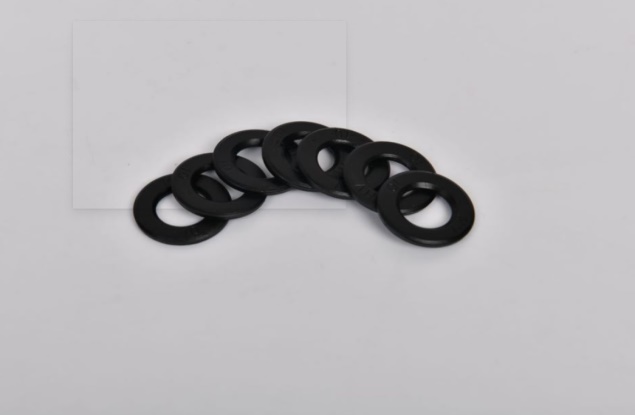best drywall screw thickness
Understanding the Best Drywall Screw Thickness for Your Project
When it comes to drywall installation, selecting the right screws is crucial for ensuring a sturdy, long-lasting finish. One of the most important factors to consider is the thickness of the drywall screws. The right thickness will ensure that the screws effectively anchor the drywall to the framing, minimizing the risk of sagging or popping, and providing the necessary support for your walls. This article will delve into the best drywall screw thickness for various applications, providing insights that can help both professionals and DIY enthusiasts select the right screws for their projects.
What Are Drywall Screws?
Drywall screws are specifically designed for attaching drywall sheets to framing structures, such as wooden or metal studs. These screws feature a sharp tip for easy penetration and a bugle-shaped head that allows for flush seating in the drywall. They are typically made from steel and are often coated to resist corrosion, ensuring they remain strong and durable over time.
Typical Thickness Options
Drywall screws generally come in various thicknesses, identified by their gauge. The most common sizes used in drywall applications are
- 6 and 8 Screws These are the most frequently used sizes for securing 1/2-inch thick drywall to wood and metal studs
. - 10 Screws This size is occasionally employed for heavier-duty applications or when attaching thicker drywall panels.The number designation indicates the screw's gauge, with smaller numbers representing thicker screws. For example, a 6 screw is thicker than a 8 screw. While the differences in thickness may seem minor, they can significantly affect performance based on the drywall's type and the installation environment.
Selecting the Right Thickness
1. Type of Drywall The thickness of the drywall being used often dictates the appropriate screw size. For standard 1/2-inch drywall, 6 or 8 screws typically suffice. If you opt for thicker drywall, such as 5/8-inch panels, 8 screws may provide a better hold.
best drywall screw thickness

2. Framing Material The type of framing can also influence screw selection. For wood studs, 6 screws generally work well for standard drywall thicknesses. If you're working with metal studs, 8 screws are recommended as they provide better grip and support for the sheetrock.
3. Project Location In high-humidity areas, such as bathrooms or kitchens, using corrosion-resistant screws is essential. While the gauge remains the same, these screws often feature special coatings and may be slightly thicker to withstand the environment.
4. Load Bearing Considerations If your drywall will support heavy fixtures such as cabinets or shelving, it may be prudent to use thicker screws or additional support measures. For example, 10 screws could be beneficial in these scenarios, providing an extra level of safety.
Installation Tips
When installing drywall, regardless of the thickness you choose, consider these tips for optimal results
- Screw Spacing Generally, screws should be placed about 12 to 16 inches apart on the studs. Closer spacing can help minimize the risk of cracks or sagging in the future.
- Flush Installation Ensure that screws are driven just enough to create a slight indentation in the paper surface without tearing it. This not only provides a consistent finish but also prevents the mud from cracking when applied.
- Consider the Screw Length Alongside thickness, the length of the screw is equally important. For standard applications, a 1-1/4 inch to 1-5/8 inch screws are commonly used.
Conclusion
Choosing the correct drywall screw thickness is a vital aspect of drywall installation that can significantly affect the durability and appearance of your finished walls. By evaluating the type of drywall, framing material, and specific project needs, you can determine the best screw size for your application. Whether you are a seasoned contractor or a weekend DIYer, understanding the dynamics of drywall screws will empower you to create professional-quality results in your projects. Remember, it’s not just about the screws; it’s about ensuring that your work stands the test of time.
-
Top Choices for Plasterboard FixingNewsDec.26,2024
-
The Versatility of Specialty WashersNewsDec.26,2024
-
Secure Your ProjectsNewsDec.26,2024
-
Essential Screws for Chipboard Flooring ProjectsNewsDec.26,2024
-
Choosing the Right Drywall ScrewsNewsDec.26,2024
-
Black Phosphate Screws for Superior PerformanceNewsDec.26,2024
-
The Versatile Choice of Nylon Flat Washers for Your NeedsNewsDec.18,2024










